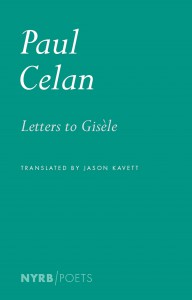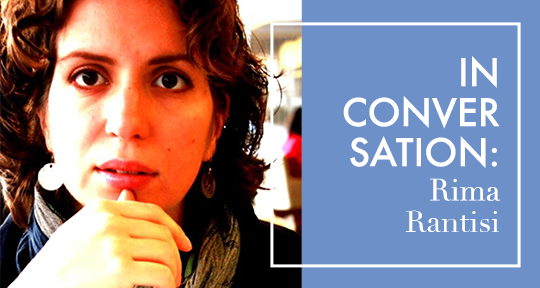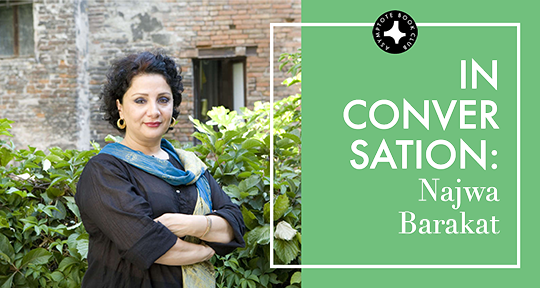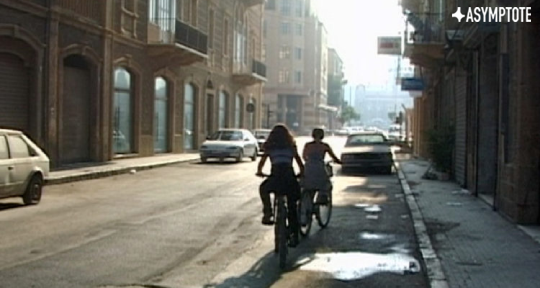In our last round-up of the year, we’ve selected twelve titles from eight countries, with tales of grand adventure and prose of intimate beauty, novels tracing orature or the piecing together of history, rediscovered poetry and letters from literary titans, stories tinged with horror or fantasy. . . All to send the year off the best way we know how: in the company of our world’s brilliant writers.

What Remains: The Collected Poems of Hannah Arendt, translated from the German and edited by Samantha Rose Hill with Genese Grill, Liveright, 2024
Review by Liliana Torpey
In What Remains: The Collected Poems of Hannah Arendt, we are invited into the private, poetic life of the author behind the seminal political texts The Origins of Totalitarianism and Eichmann in Jerusalem. The door is not opened by Arendt herself—who never published her poems and seemingly never intended to—but by the volume’s translators, Samantha Rose Hill and Genese Grill, who dove deep into the archives to collect these poems. Reading them feels at once like a gift and a faux-pas, knowing that we are trespassing upon the intimate thoughts and gestures of one of the twentieth century’s great political thinkers.
The entirety of Arendt’s poetic corpus appears in this book. For a lifetime it doesn’t seem like many—seventy-eight in total—but the book’s thorough introduction, translator’s note, and footnotes reveal just how carefully Arendt stewarded these poems over the years. Hill and Grill detail the way that Arendt hand wrote each piece in a notebook or letter, then continued to edit by hand before finally typing up the poems and arranging them chronologically, by season. Packing many of them alongside her essential documents when leaving Germany, her poems “remained among her most prized possessions.”
This care is evident in the poems themselves, which often fall on the shorter and sparser side. It’s clear that Arendt had considered and reconsidered each individual word, trying to communicate what she felt and sensed. In many cases, that world appears to be a rather bleak one: “The sky is in flames, / Heaven is on fire / Above us all, / Who don’t know the way.” While her political writings directly address the mechanisms of violence and authoritarianism, her poems often reveal an unsettling and probing uncertainty.
Alongside—and perhaps stemming from—this uncertainty flows a desire and sensuality that animates Arendt’s curiosity and nostalgia: “Heart warmth / Heart grace / Inhaling deep emotional-being / Sighing softly / Like cloud mist / Audibly trembling touched-being.” Her precision and tenderness are disarming, though not totally distinct from the Arendt that readers may already know. Marked by ambivalence and vulnerability in the face of life’s great mysteries, these poems don’t simply reveal all that we hope to know about Arendt’s internal landscape; instead, they deepen a sense of wonder that hovers, always, just beyond our reach.

Letters to Gisèle by Paul Celan, translated from the German by Jason Kavett, New York Review Books, 2024 READ MORE…






